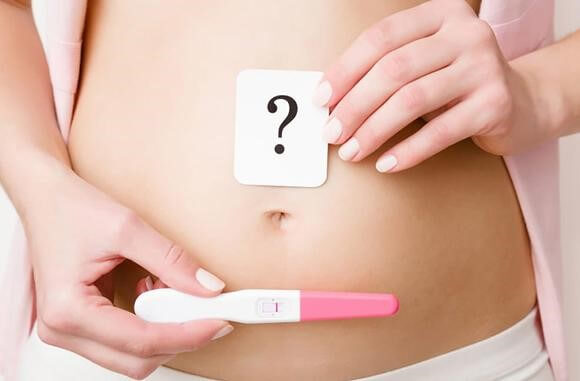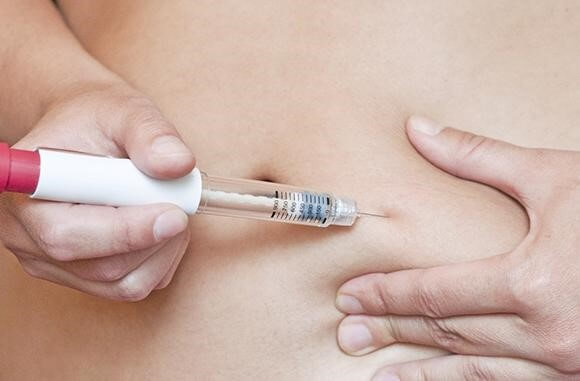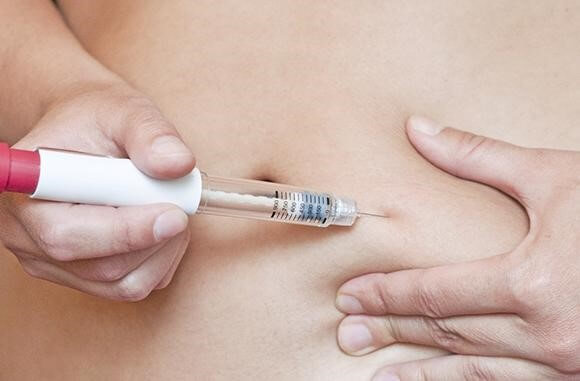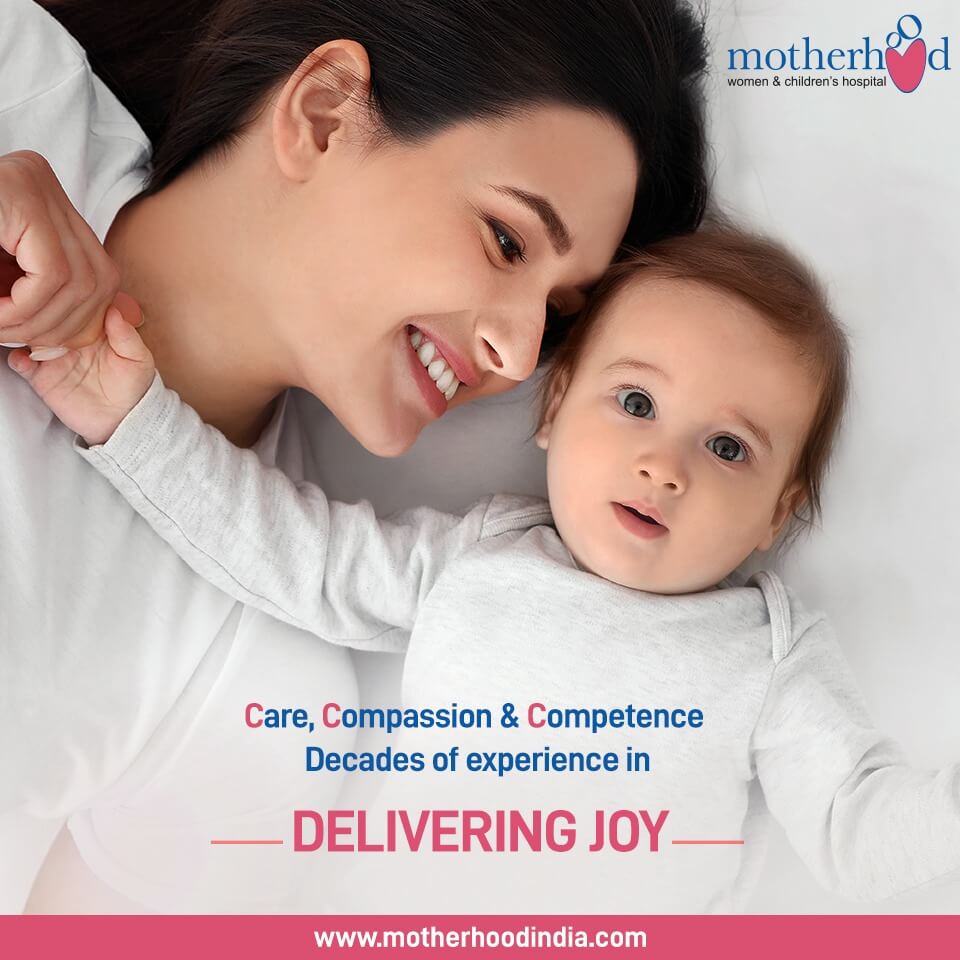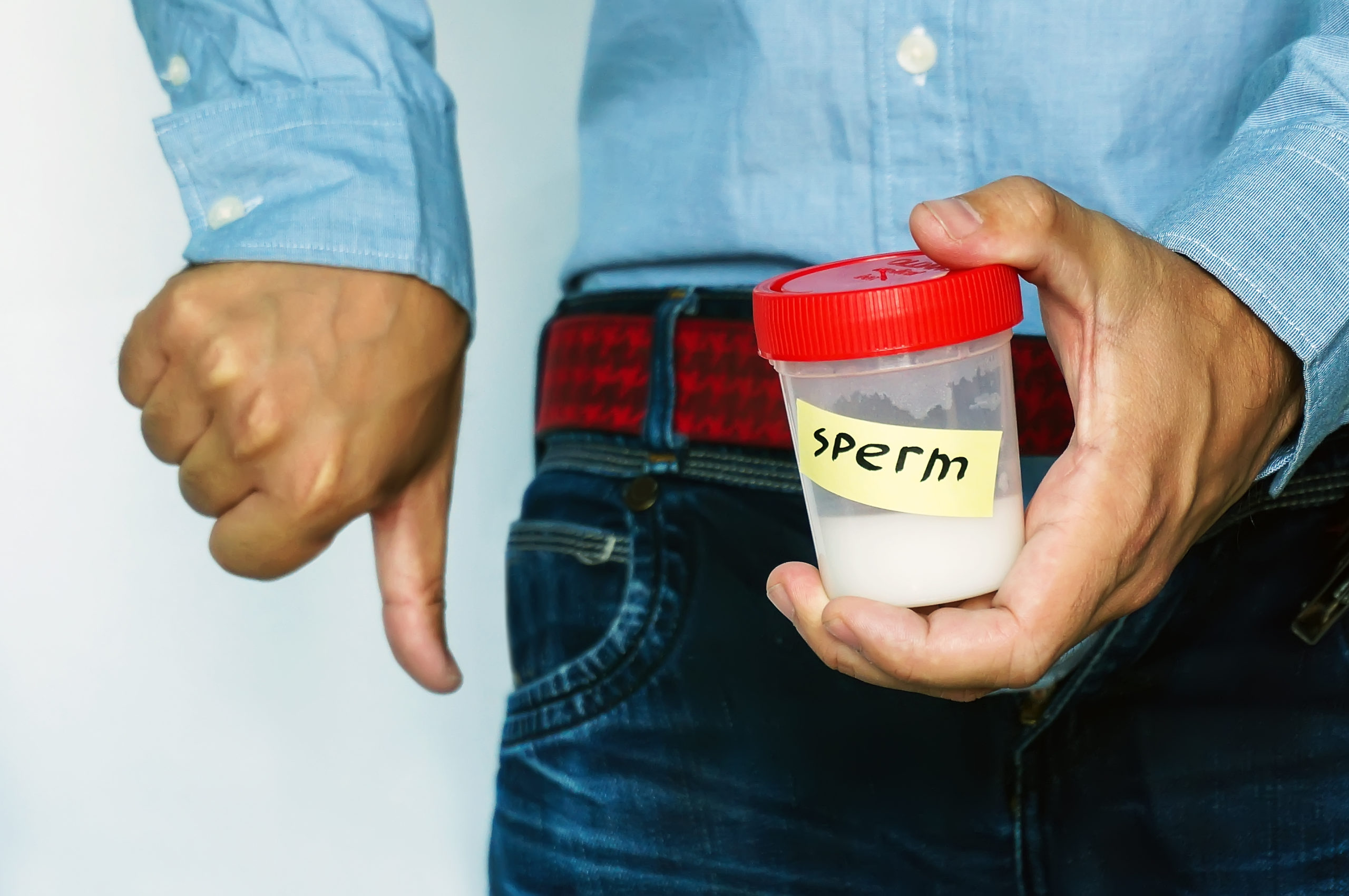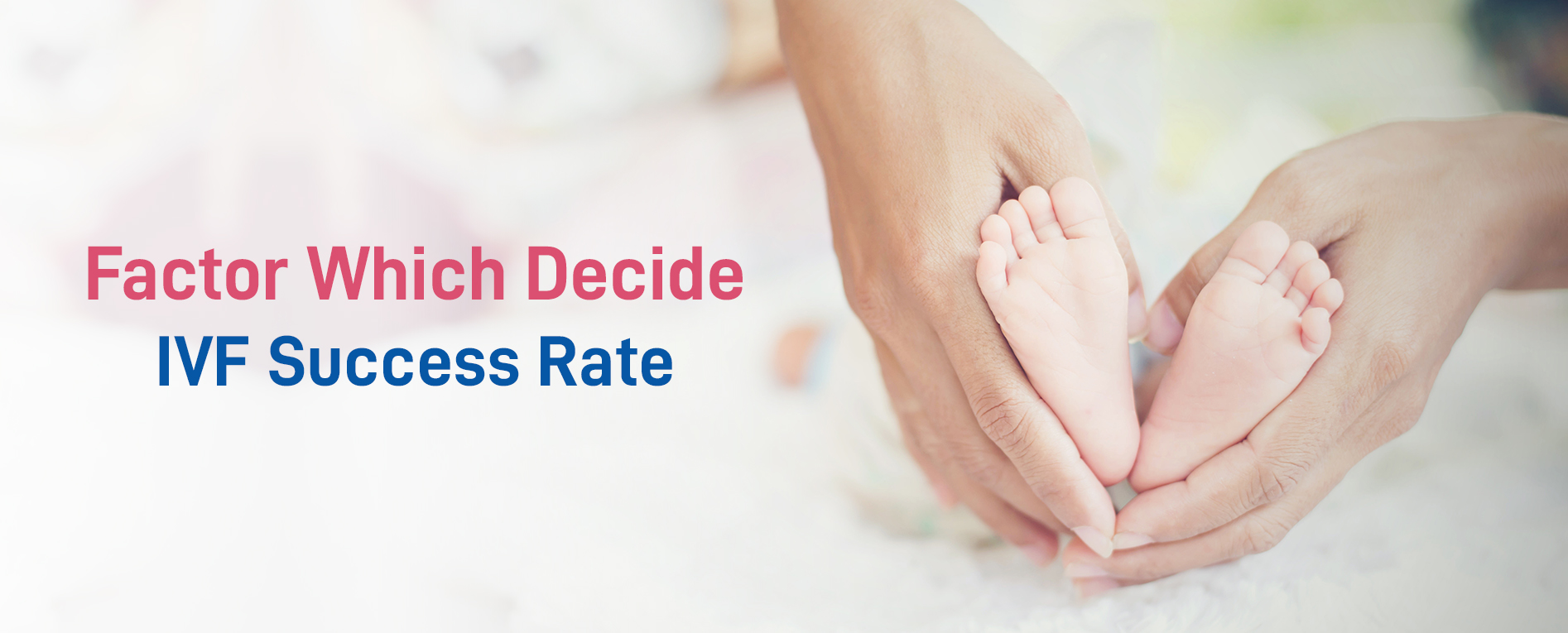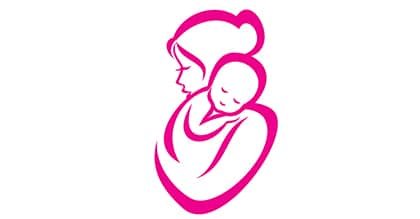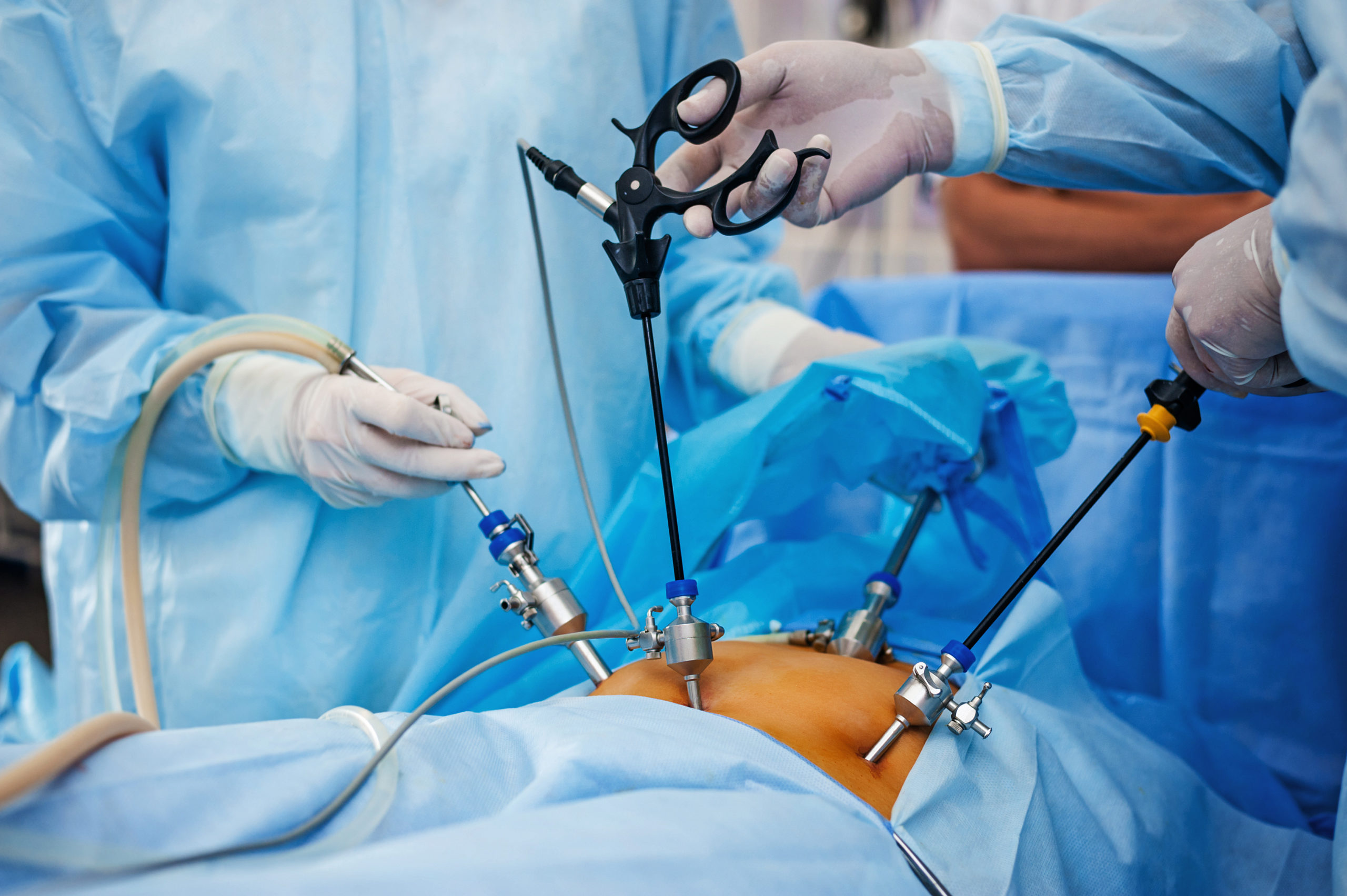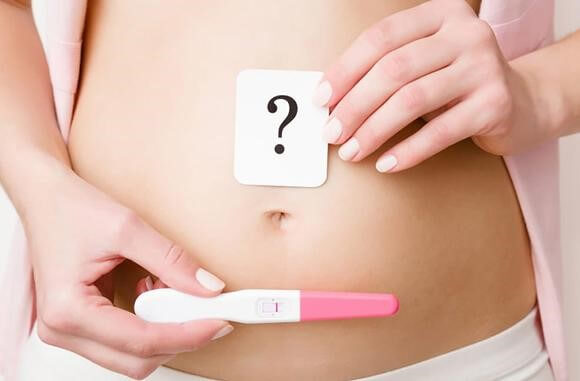
IVF is a standard procedure including various stages starting from ovarian stimulation and ending with the embryo transfer and luteal phase. The main determinants of pregnancy and successful implantation are transfer efficiency, uterine receptivity and embryo quality. Embryo transfer is the final step in a standard IVF procedure.
Below are the factors affecting IVF success:
Age: (H3 Tag)
The correlation between age and IVF success rates is an important factor. Women below 35 years of age may have higher chances of live births. The percentage of live births per egg retrieval for those below 35 might be about 55%. Women between 35 years and 37 years may denote a lower percentage of live births. Women aged between 35 and 37 may have about 42% chances of live births per egg retrieval. Women between the ages of 38 to 40 may see 26.7% chances of live births. Women who cross 40 years of age but are below 42 may witness 13.8% chances of live births per egg retrieval. And women aged about 43 and above may be left with merely 4.2% chances of live births per egg retrieval.
Types of fertility issues:
IVF treatment or IVF procedure offers success rates in some medical conditions. The tubal blockage is one of those conditions effectively treated by standard IVF protocols. Persistent miscarriage or thin endometrial lining may, however, complicate the success rates of IVF. Uterine malformations, fibroids and TB are some of the conditions hampering the overall success rates of IVF. Male factor infertility is another cause why the IVF success rate may be reduced.
Duration of infertility:
Duration of infertility may warrant many consequent actions. Since the duration of infertility associates itself with advanced maternal age, it may hamper the success rate. The solution to the advanced maternal age may be egg donation.
Recurrent or persistent miscarriage:
Medical history involving previous pregnancy or persistent miscarriage may present additional challenges. The IVF experts may ask a couple to take additional precautions and specific medications based on their medical history. Live birth in such cases may be a hurdle. A persistent or recurrent miscarriage may be hard to tackle in the absence of alternative therapies.
Dual factor infertility:
These scenarios are exceptionally difficult. As the category suggests, dual-factor infertility involves both partners suffering from infertility. These conditions may diminish the overall quality and success rate of IVF procedures.
Ovulatory dysfunction:
Ovulatory dysfunction may present many obstructions to effective IVF cycles. Patients with high FSH levels and low AMH levels may end up being disadvantaged. And ovarian dysfunction disrupts the overall IVF success rate.

Use of donor eggs:
Advanced maternal age emerges as an undesirable element in Assisted Reproductive Technology (ART). Women above 35 or 40 years of age require donor eggs. Using eggs of young females may increase the chances of IVF success rate.
Exercise:
We all know how crucial exercise is for our day-to-day health. It allows us to stay mentally and physically fit. Taking care of one’s physical health is vital to reserve the benefits of IVF. Follow your IVF expert’s advice while you exercise when your IVF cycle is in progress. Mild or moderate exercise allows you to stay active and alert throughout the day. Make sure you aren’t indulging in any risky postures in your exercise regimen. Working in your comfort zone is important as your exercise shouldn’t interfere with your IVF cycles. It’s better to avoid cardiovascular activities. Avoid them at least till your childbirth. Work comfortably for 5-6 hours a week. Focus more on the activities that refresh you keeping you relaxed and contented. Ask your obstetrician to share her viewpoints if you find any exercise risky or strained.
Stress:
The stress during an Assisted Reproductive Technique is palpable. Couples have already grappled with a lot of stress and low spiritedness. And when it comes to IVF, they may be worried about its parameters including chances of success, complications, contraindications and fear of failure. Emotional stress during IVF may play a unique role in the overall IVF outcome as multiple factors are shaping the stress. They may be previous experiences and overall psychological predisposition while opting for the IVF cycle. Mood swings, migraines, dejections and past flashes are some of the emotional effects of IVF. Couples undergoing IVF may sustain many issues based on various factors. They may include financial, religious, socio-ethnic or sociocultural, physical and emotional factors.

How would you maximize the IVF success rates?
Stay ahead and updated:
You are preparing for a cycle that may need updated information. Collect the relevant details from your IVF expert and plan appropriately. A well-informed decision will keep you away from anxiety and misinformation. Stay informed about the body, the IVF process and treatment schedule.
Confide in your IVF expert:
Be clear and precise about how you communicate your thoughts and feelings. Be firm about the decision you have made. Your ordeal coping with the infertility diagnosis may have changed your overall emotional situation.
Find the right pillars of emotional support:
Many others have been through what you may be going through now. They overcame those barriers and are parenting a kid now. They successfully surmounted it and so will you. Get the right confidante. It may be your sibling, best friend, colleague or relative. You may consider having a spokesperson. Start chatting or sharing rapport with others grappling with infertility. They know and understand what you wish to hear today. Emotional support groups throng the internet today and are keen on knowing your expectations.
It’s time to be choosier:
Be choosy about what you wish to take control over and how you can do it. Avoid unnecessary stress and decisions interfering with your overall welfare. You may count on your favorite hobbies and exercises. You will no longer feel lonely or overridden by the sense of alienation.
Enhance your knowledge base:
IVF treatment will be better if you will stay informed. Discuss how many embryos will be transferred and what best you may incorporate to maximize the chances of a successful pregnancy. Your knowledge base will guide you on how you can reduce the possibility of multiple babies. You may even discuss how you can manage the leftover eggs or extra eggs. Extend the discussion appropriately so that the IVF procedure is more effective. Avoid improper disposal of the eggs.
Strengthen the communication with your partner:
Set a proper schedule to discuss everything about how IVF is done. Know what IVF pregnancy is and how many injections you may need for IVF treatment. Shedding light on how to make IVF successful for the first time will help you and your partner plan better. You may have already studied how IVF works step by step. Carefully consider together how many days you may rest as the IVF patients. Plan everything about what to do after IVF transfer/embryo transfer. Render the necessary emotional support to each other throughout the IVF process.
Motherhood hospital is always here to transform your expectations into a fantastic reality. Let us know how we can help you in your journey to blissful parenthood.


 Toll Free Number
Toll Free Number







